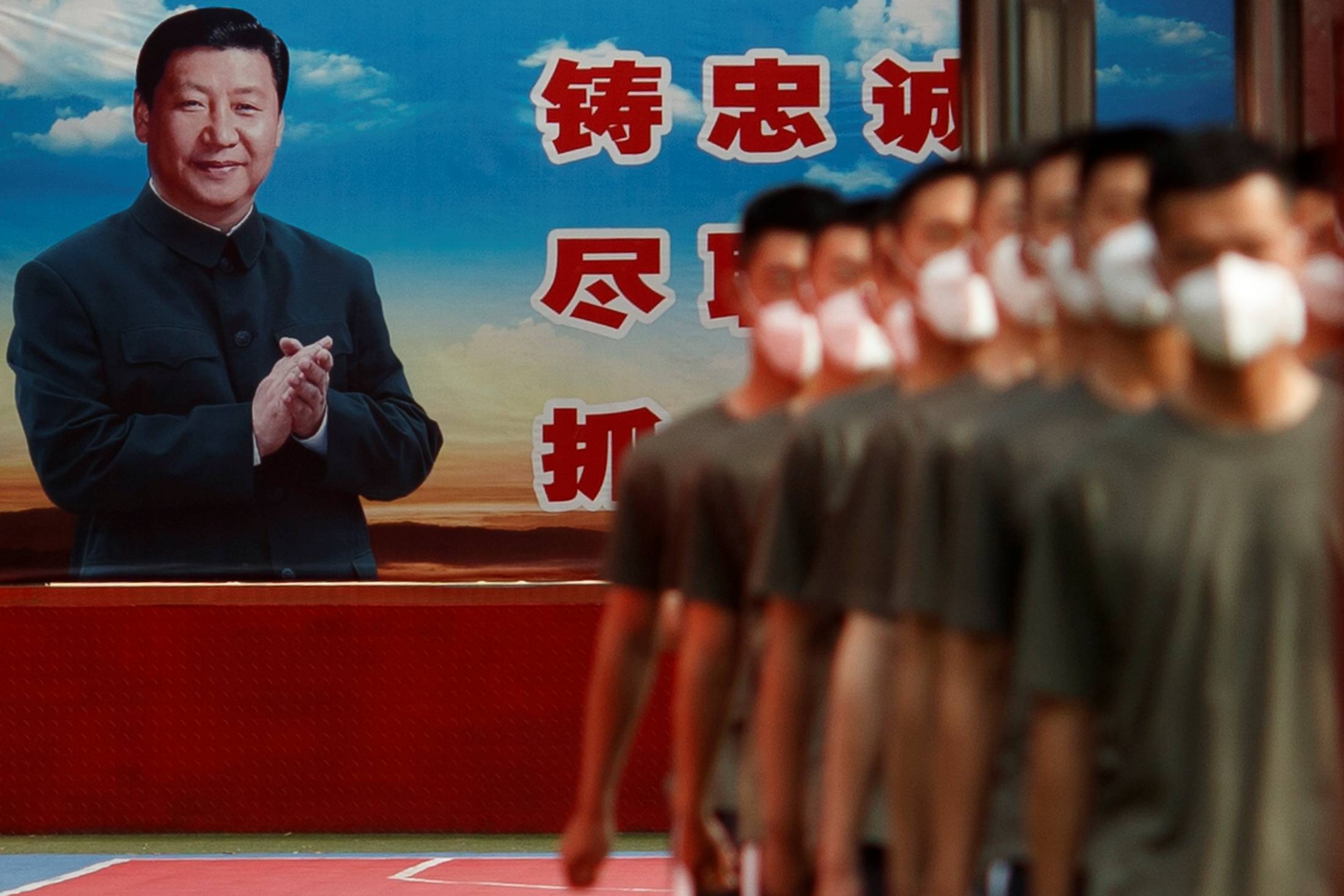This narrative is erroneous. The pandemic was much more a liability than a boon for Beijing’s efforts to promote China’s international reputation and agenda, and the theory that it caused more aggressive Chinese foreign policy moves does not withstand close scrutiny.
Beijing started out in a self-dug hole. As the world became aware of the COVID-19 crisis emerging in Wuhan, it also quickly learned that the Chinese government initially tried to suppress important information and hoarded medical supplies. For the first few weeks China was in damage-control mode. Gaining control of the virus at home allowed China to seek favorable notice overseas by “donating” medical supplies to other countries, but China was still scrambling to overcome the embarrassment of the attempted cover-up and of being known as the origin country of the virus.

















With your current subscription plan you can comment on stories. However, before writing your first comment, please create a display name in the Profile section of your subscriber account page.